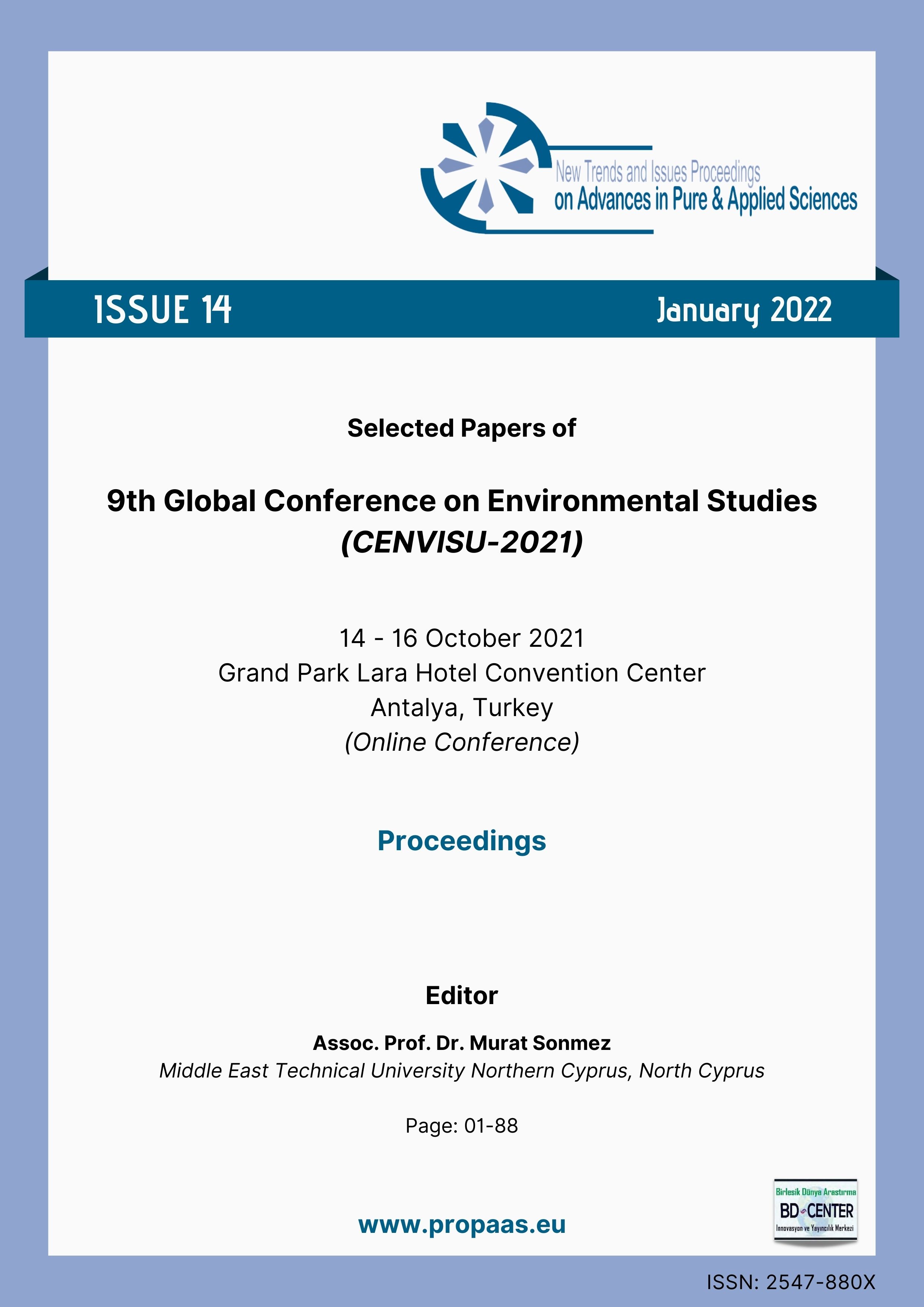Sustainable tourism and environmental degradation in the Rin-jani-Lombok Unesco Global Geopark
Main Article Content
Abstract
The island of Lombok is one of the most popular tourist destinations in Indonesia. Unfortunately, the tourism industry in Indonesia has negative impacts on the environment. Indonesia’s large flow of tourism is one of the largest contributors to waste and environmental degradation annually. The purpose of this research is to find out how large of a threat Indonesia’s tourism industry is to environmental degradation, in the case of the Rinjani-Lombok UNESCO Global Geopark, West Nusa Tenggara. This research used qualitative research with data collection from document-based research, internet-based research as well as interviews with relevant stakeholders such as local government and non-governmental organizations. The results of the research show that environmental damage is caused by the tourists that aren’t aware of their impacts on the environment as well as a lack of effort from the government to provide facilities that are adequate to reduce waste being produced in these areas.
Keywords: Environmental Degradation; Indonesian Government; Rinjani-Lombok; Sustainable Tourism
Downloads
Article Details

This work is licensed under a Creative Commons Attribution 4.0 International License.
Authors who publish with this journal agree to the following terms:- Authors retain copyright and grant the journal right of first publication with the work simultaneously licensed under a Creative Commons Attribution License that allows others to share the work with an acknowledgement of the work's authorship and initial publication in this journal.
- Authors are able to enter into separate, additional contractual arrangements for the non-exclusive distribution of the journal's published version of the work (e.g., post it to an institutional repository or publish it in a book), with an acknowledgement of its initial publication in this journal.
- Authors are permitted and encouraged to post their work online (e.g., in institutional repositories or on their website) prior to and during the submission process, as it can lead to productive exchanges, as well as earlier and greater citation of published work (See The Effect of Open Access).
